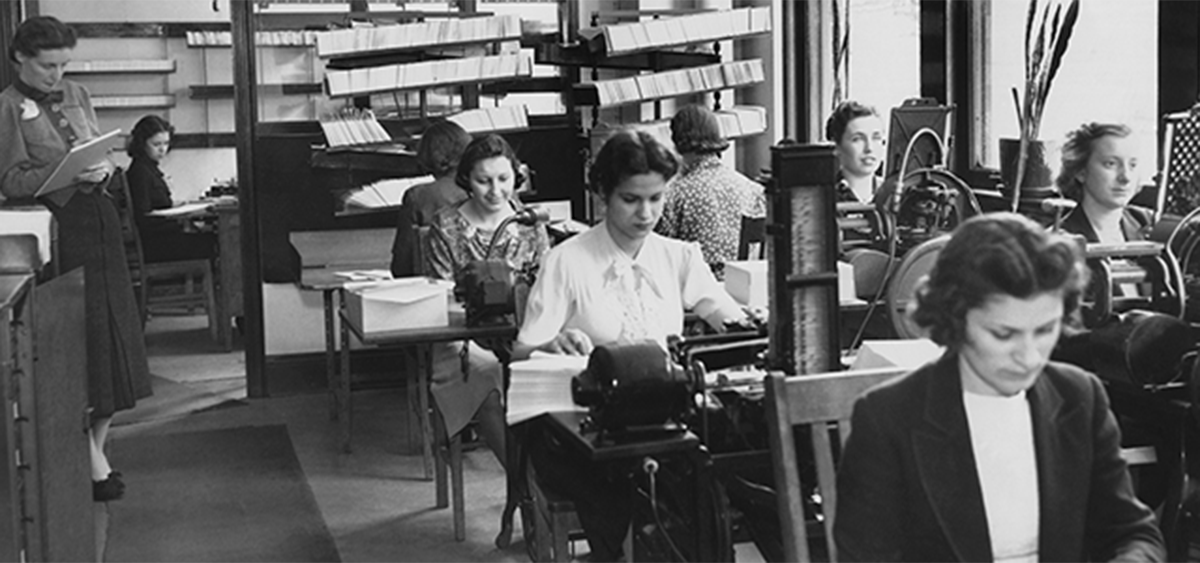On the occasion of International Women’s Day, here is a brief summary of how women’s rights have evolved in Quebec since 1918.

1918
Women obtained the right to vote in federal elections, except for certain ethnic groups excluded by law. For example, Asian and Indigenous women were still not allowed to vote.
1940
Quebec became the last province to grant women the right to vote in provincial elections.
1964
A wife’s duty to obey her husband was abolished.
1969
Pierre Elliott Trudeau’s government passed a law to decriminalize contraception.
1975
Québec’s Charter of Human Rights and Freedoms was enacted. Among other things, it prohibits discrimination based on gender.
1979
Quebec women became entitled to 18 weeks of maternity leave without the risk of losing their job.
1983
Sexual assault committed by a spouse was recognized as a crime.
1988
Abortion was no longer a crime in Canada.
1996
The Pay Equity Act was enacted.
2021
The Divorce Act was amended to include the notion of family violence. Family violence must be considered by judges during the divorce process and when making decisions about child custody. Family violence is a broad concept, and includes things like sexual, physical, psychological, and financial abuse.





